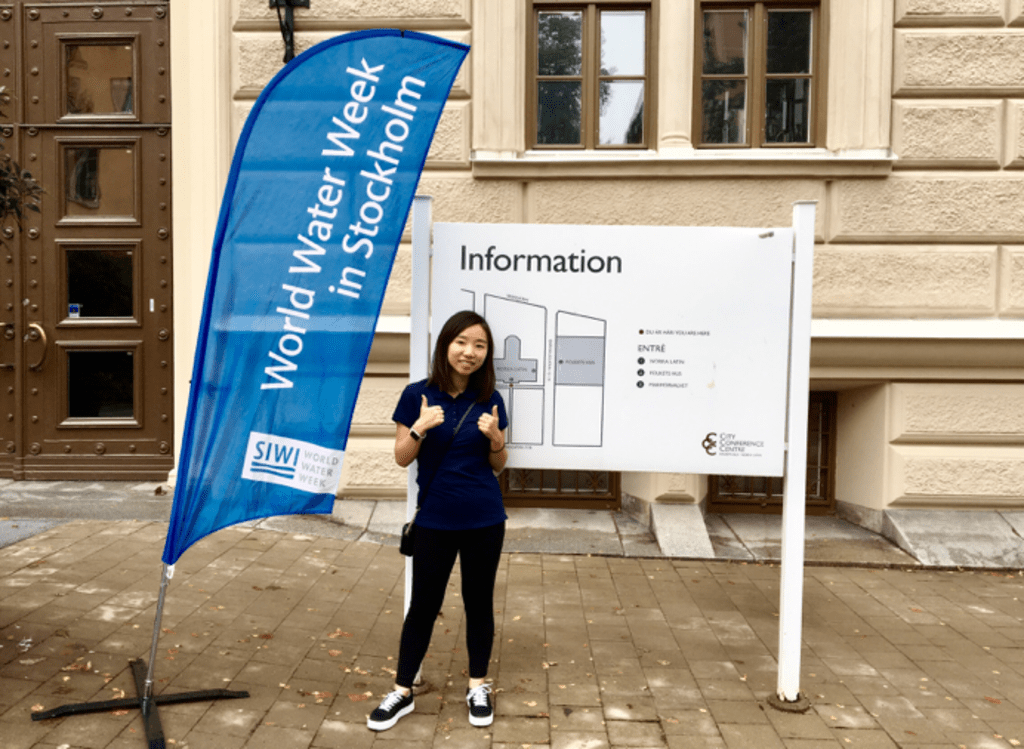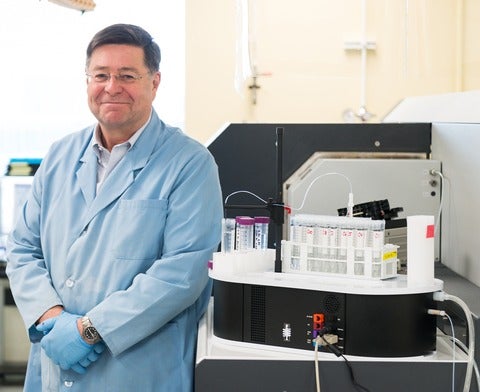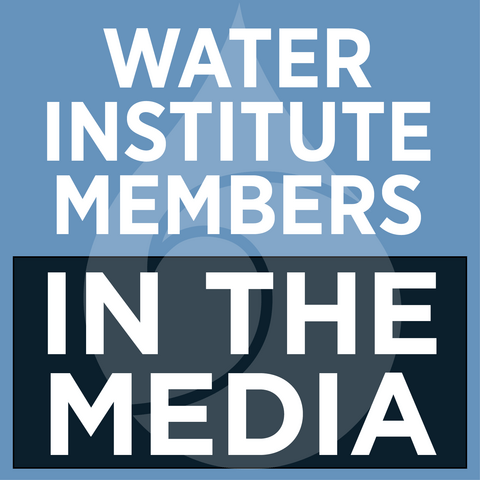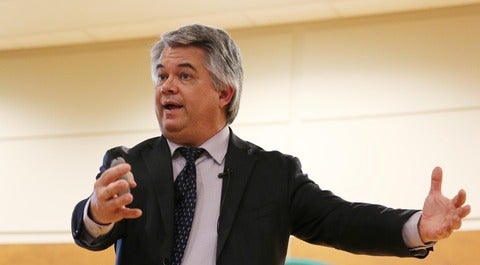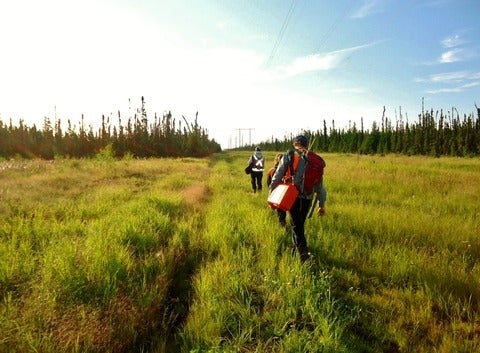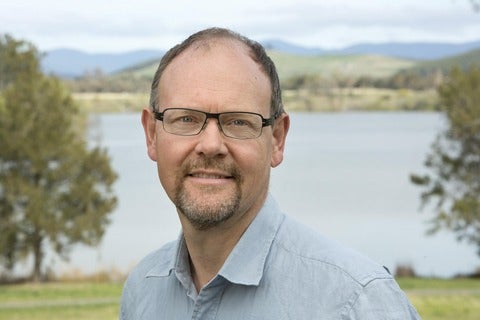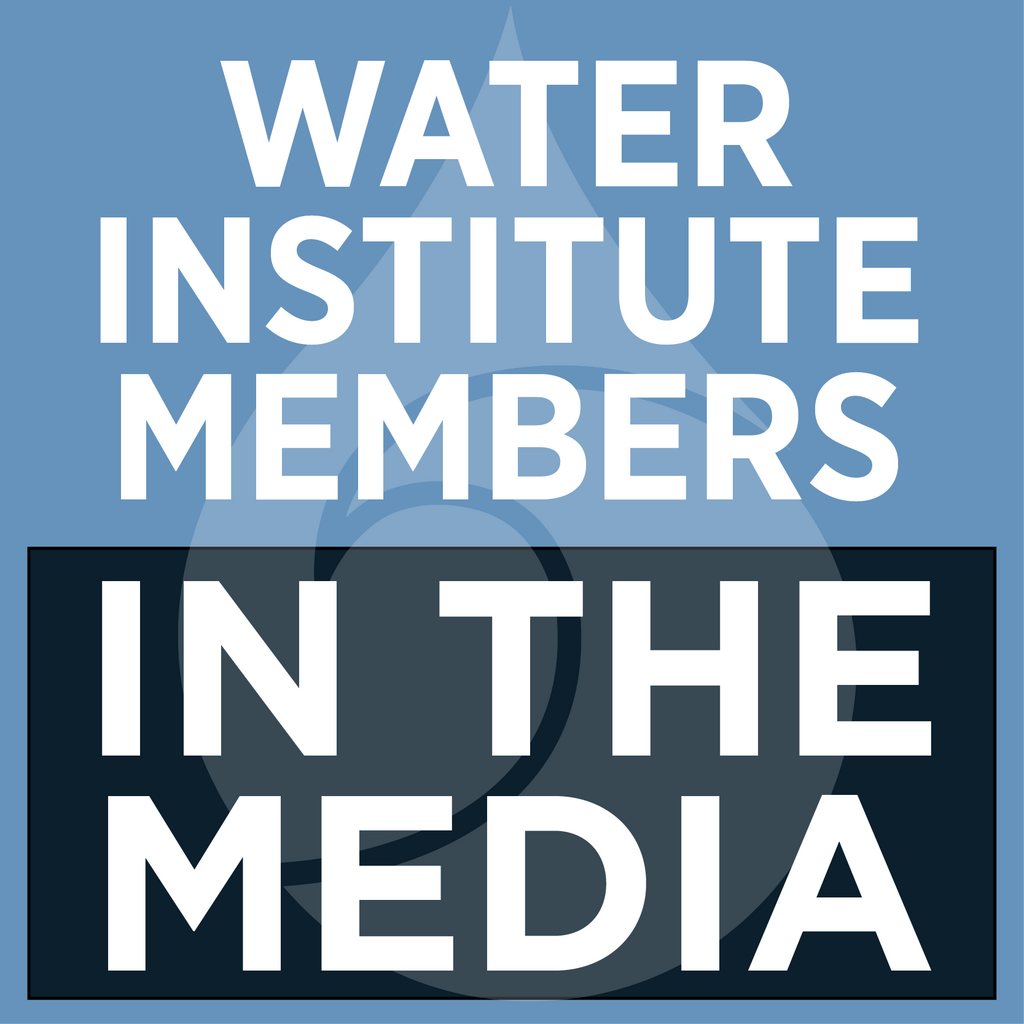Behind the scenes at World Water Week: Shaping solutions to global water challenges
The following story was written by Sabrina Li, water student and MSc Candidate in the Department of Geography and Environmental Management at the University of Waterloo.
